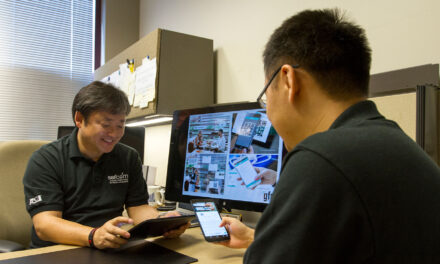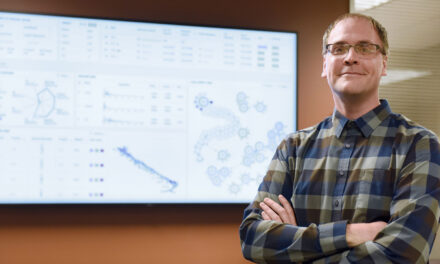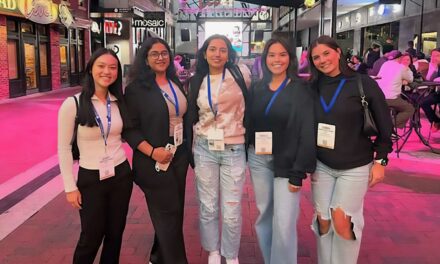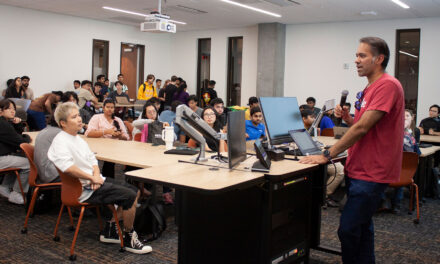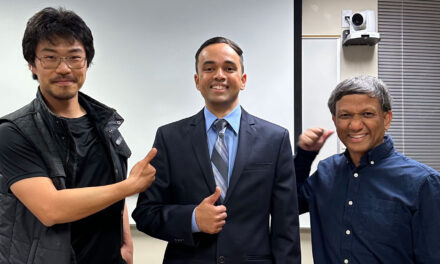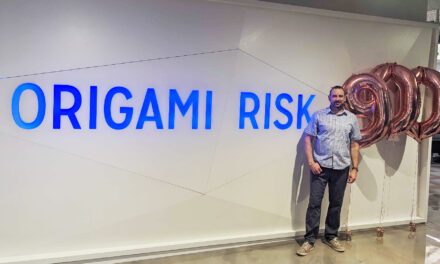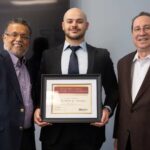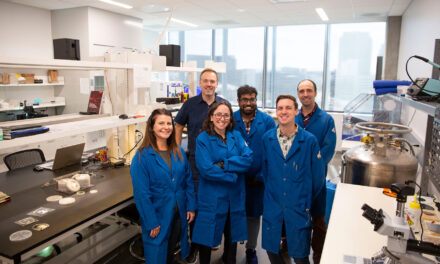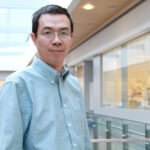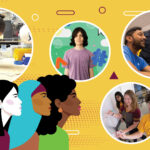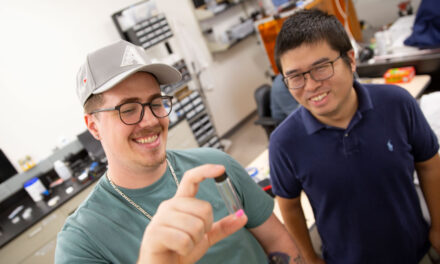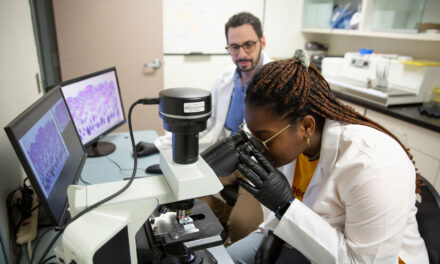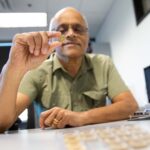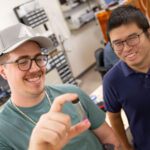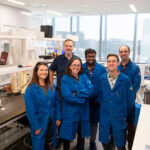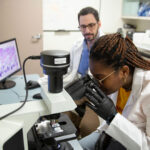
1st-gen Vietnamese student wants to prove women are an engineering asset
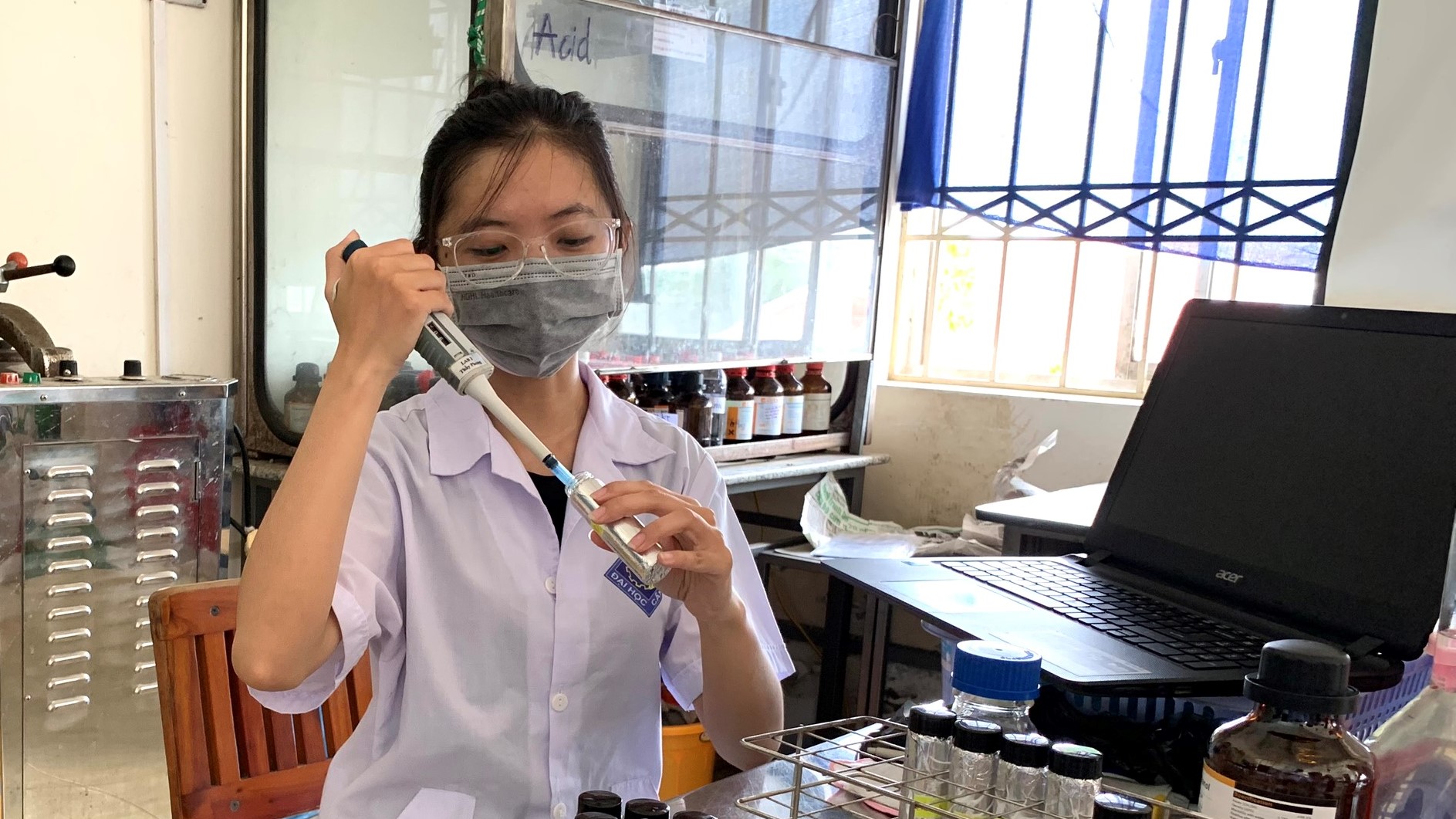
Above: Vuong Thi Ngoc Tuyet, an engineering student at Can Tho University in Vietnam, says participating in the Engineering Projects in Community Service program enabled her to demonstrate that women can excel in STEM fields. Photo courtesy of Vuong Thi Ngoc Tuyet
Vuong Thi Ngoc Tuyet grew up in the Mekong Delta’s largest city, Can Tho, Vietnam. Throughout her childhood, she had an energetic curiosity for science. Raised in a family in which formal education for women ended at high school graduation, she convinced her skeptical parents to let her join Can Tho University’s challenging chemical engineering program.
“No woman in my family had a chance to go to university,” Tuyet says. “I wanted to do something different. I wanted to change people’s perceptions about women in STEM. That was how I convinced my parents to let me attend university.”
Tuyet’s journey from a shy first-generation university student to a confident young engineer was aided by her participation in Engineering Projects in Community Service, or EPICS, an award-winning social entrepreneurship program supported by the USAID BUILD-IT Alliance. Arizona State University’s Ira A. Fulton Schools of Engineering leads the alliance and manages EPICS in Vietnam.
EPICS is an applied project program that embodies ASU’s inclusive innovation and civic participation ethos. Through ASU’s work supporting equitable engineering education in Vietnam, EPICS has transformed the lives of thousands of students in Southeast Asia.
One of only four female students in her cohort, Tuyet was intimidated by her new school.
“When I first joined the university, I was shy and lost. As a minority, I didn’t speak up or voice my opinions — even when I needed something,” she said. Tuyet’s mentors encouraged her to join EPICS.
Video by USAID BUILD-IT and the Mekong-U.S. Partnership.
The program’s 30% female enrollment minimum and emphasis on community-driven innovation made Tuyet feel welcome and her work feel meaningful. During EPICS, Tuyet met many like-minded, talented young women. She worked in teams with other undergraduate students to design, build and deploy solutions to solve problems in their community.
In her first year, Tuyet and two other students invented a candy made of rice bran to help diabetic patients manage their diets. She designed the candy to motivate her mother who has diabetes.
Next, she led a team in building a safe, high-capacity, easy-to-use roller pesticide sprayer for farmers to roll through orchards instead of carrying on their backs. This invention won her team the first prize at the nationwide EPICS final showcase.
Tuyet’s family was thrilled to see her win the top award in engineering, increasing their confidence that a STEM education can guide their daughter to success. Tuyet’s journey has even inspired her younger sister to join STEM courses.
Tuyet says she draws on her experiences to develop her team’s innovations.
“I can draw inspiration from being a woman,” she says. “I can set my mind to solve the problems that women are facing every day.”
Tuyet will soon graduate from Can Tho University and pursue a career in sustainable fuels.
“My dream is to work as an engineer at an oil and gas company, but I heard they hire women only for office work,” she says. “I will apply anyway. I am ready to show everyone that I can do anything my male colleagues can.”
USAID BUILD-IT supports Tuyet and all EPICS students to apply their engineering know-how for social good. The USAID BUILD-IT Alliance is mission-driven to support top universities, like Can Tho University, to integrate project-based learning into their curricula.
In Spring 2019, for instance, Joshua Loughman, then director of EPICS at ASU, led a cohort of ASU EPICS students and Vietnamese engineering students in an international engineering project to develop smart farm technology.
In 2021, Can Tho University will become one of Vietnam’s first universities to adapt EPICS into a course. Through EPICS and the hard work of Tuyet and her peers, Vietnam’s young people are seeing that including women on their engineering teams is an asset and a force for good in their local communities and across the country.
EPICS in Vietnam is providing students the same opportunities it is giving to ASU students, says Jared Schoepf, director of the program at ASU.
“Students obtain a deeper education and understanding of engineering through application-based learning, enabling them to learn from challenges facing their communities and to provide impactful solutions,” Schoepf says.
The Fulton Schools, through its Global Outreach and Extended Education program, or GOEE, is the lead institution on the USAID BUILD-IT Alliance grant that is funding EPICS in Vietnam, says GOEE Executive Director Jeffrey Goss.
“Significant progress has been made through the outcomes of our collaborative educational efforts over the past 10 years in Vietnam and broader Southeast Asia,” Goss says. “Through our partnership with Vietnam, our industry, academic and government partners are contributing resources, expertise and ideas to improve access to quality higher education that is boosting Vietnam’s social and economic development, and that includes advancing women in STEM.”
Written by Deren Temel, program manager for maker innovation and applied projects for the USAID BUILD-IT Alliance, with additional material provided by the Ira A. Fulton Schools of Engineering.


